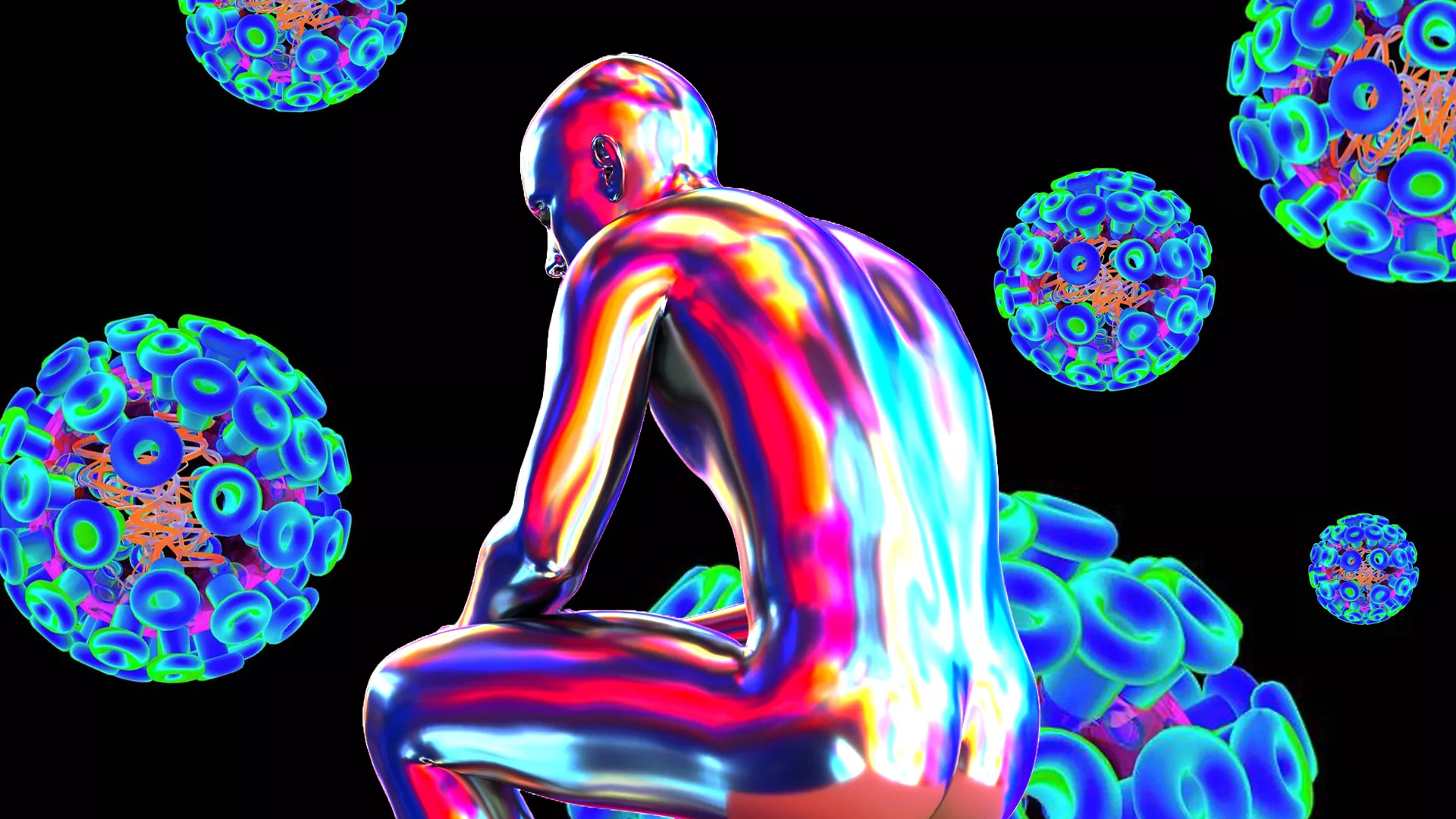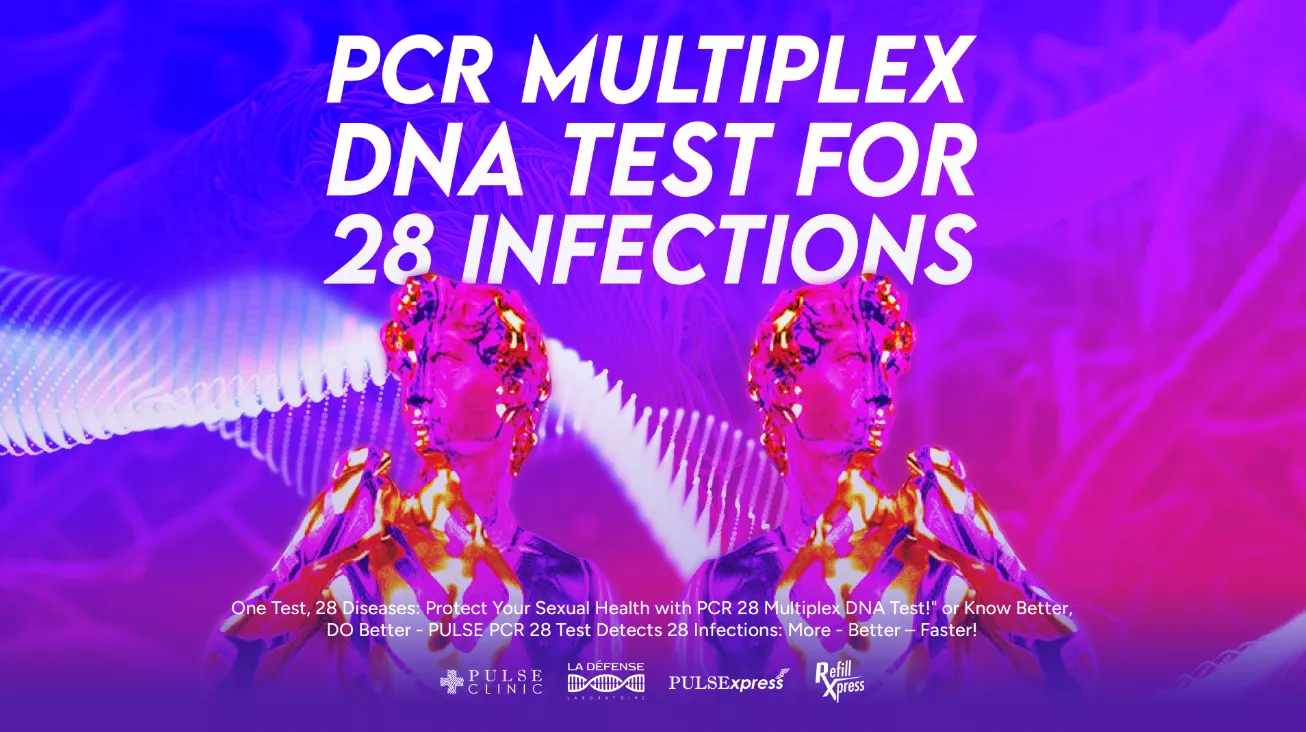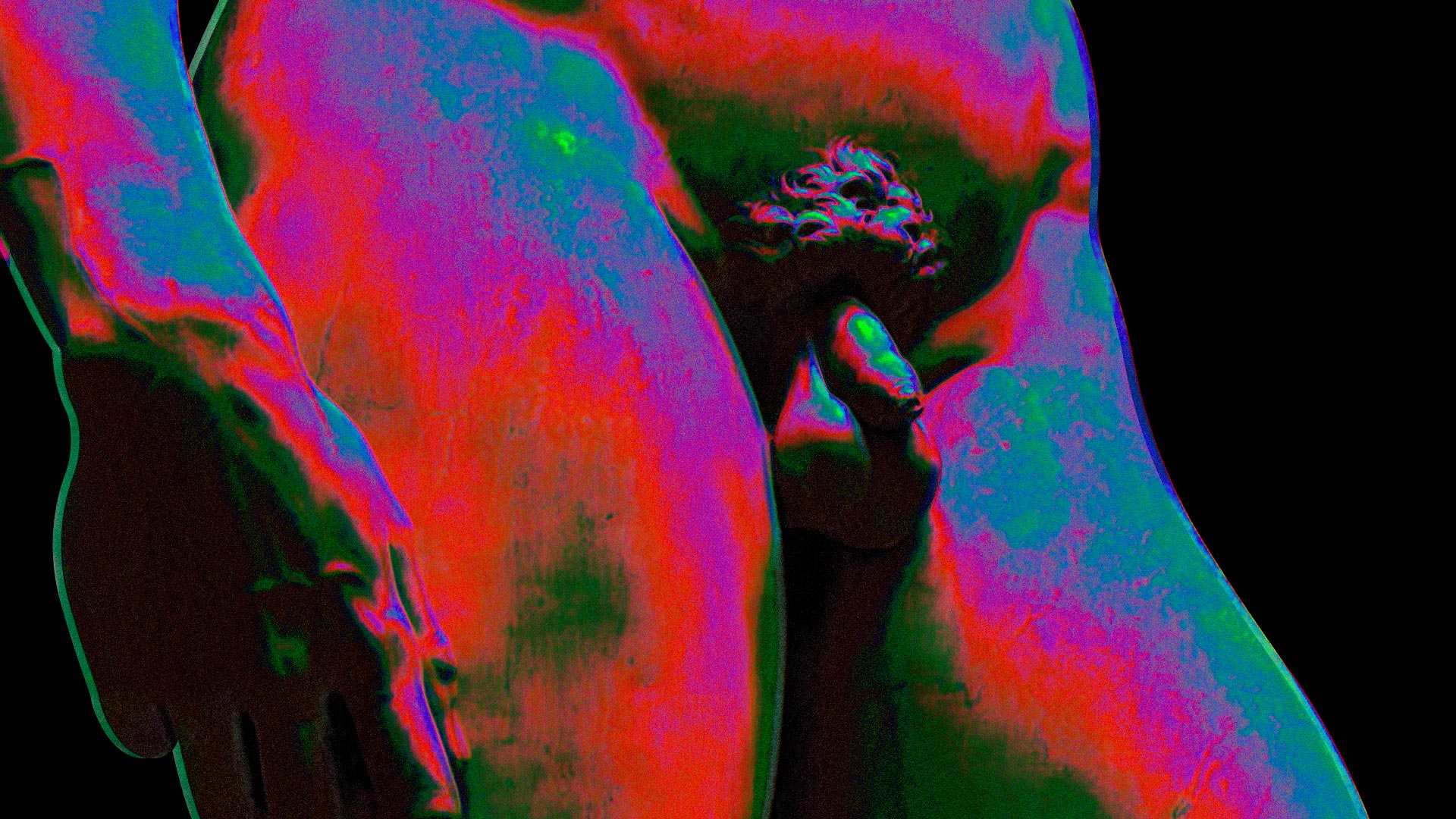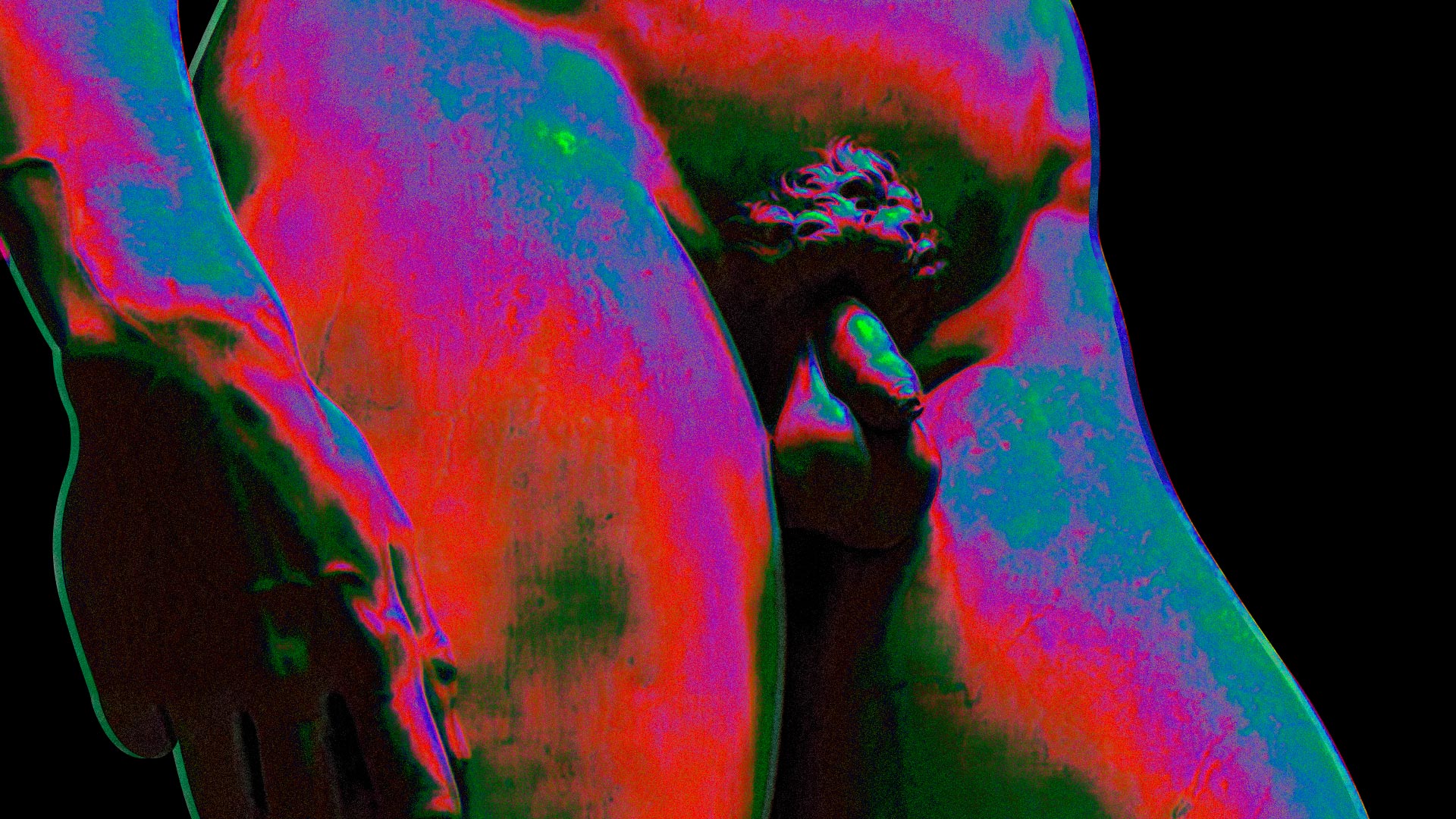Chancroid: Cause, Symptoms and Treatment
4771
Chancroid is an STD that infects the tissue in the genital area and causes open sores, ulcers that may bleed, or bumps that fill with pus.

What is Chancroid?
Haemophilus ducreyi is a bacterium that causes Chancroid, a sexually transmitted infection (STI). Painful open sores or ulcers characterise it in the genital area. Although the prevalence of Chancroid has decreased in the United States and worldwide, sporadic outbreaks can still occur in certain regions, particularly in Africa and the Caribbean. Chancroid is considered a risk factor for both the transmission and acquisition of HIV.
Get Tested and Treated for Chancroid at PULSE Clinic
Contact us at info.bkk@pulse-clinic.com or chat on your preferred platform:
![]() +66 65 237 1936
+66 65 237 1936  @PULSEClinic
@PULSEClinic ![]() PulseClinic
PulseClinic
Diagnosing and Treating Chancroid
Diagnosing Chancroid can be challenging, as no commercial test for identifying H. ducreyi is available. Testing for Chancroid is available in all PULSE Clinics in Thailand and provides the most comprehensive 28-PCR Test for 28 infections to give you peace of mind and fast treatment.
However, a probable diagnosis of Chancroid can be made based on specific criteria, including painful genital ulcers, typical clinical presentation, absence of evidence for other infections like syphilis or herpes, and negative results for herpes simplex virus (HSV) testing.
Window Period of Chancroid
Duration:
- The window period for chancroid typically ranges from 3 to 10 days after exposure.
- Most individuals begin to exhibit symptoms within 7 days of exposure.
Symptoms of Chancroid in Men
In men, chancroid typically manifests with the following symptoms:
- Painful ulcers: One or more open sores appear on the genitals, often accompanied by a burning sensation.
- Tender inguinal lymphadenopathy: Swollen and painful lymph nodes in the groin area may develop, indicating the body's response to the infection.
- Painful urination: Some men may experience discomfort or pain while urinating.
Symptoms of Chancroid in Women
In women, chancroid can present with the following symptoms:
- Asymptomatic or internal ulcers: Women may not experience noticeable symptoms or only have ulcers inside the vagina, making diagnosis challenging.
- Swollen lymph nodes: Similar to men, chancroid can cause painful and enlarged lymph nodes in the groin region.
- Painful urination or defecation: In some cases, women may experience discomfort or pain while urinating or passing stools.
Complications of Chancroid: If left untreated, chancroid can lead to several complications, including:
- Genital scarring: In advanced cases, chancroid can cause scarring in the genital area, which may result in long-term aesthetic and functional issues.
- Suppurative buboes: These are abscesses that develop in the inguinal lymph nodes. Buboes can lead to the formation of rectal or urogenital fistulas, which are abnormal connections between organs or tissues.
- Increased HIV transmission risk: Chancroid increases the risk of both transmitting and acquiring HIV. The presence of chancroid ulcers can provide an entry point for the HIV during sexual contact.
Other STIs Related to Chancroid
Chancroid is one of several STIs that can be contracted through sexual contact. Some STIs that share similar modes of transmission or may have overlapping symptoms with chancroid include:
- Syphilis: Another bacterial infection, syphilis can also cause open sores or ulcers in the genital area. Prompt diagnosis and treatment are crucial for managing syphilis.
- Genital herpes: Herpes simplex virus (HSV) can lead to the formation of painful genital ulcers similar to those caused by chancroid. However, chancroid ulcers are larger and more painful than herpes sores.
- Gonorrhea: Caused by the bacterium Neisseria gonorrhoeae, gonorrhoea can cause inflammation and discharge from the genital tract. It is essential to differentiate between chancroid and gonorrhea to provide appropriate treatment.
Add us on Line and stay in touch.
What are the treatments and management of Chancroid?
The primary goal of treatment for Chancroid is to cure the infection, alleviate clinical symptoms, and prevent transmission to others. Several recommended regimens, including single-dose therapy with azithromycin or ceftriaxone, or multi-day courses with ciprofloxacin or erythromycin, can be used.
Azithromycin and ceftriaxone are advantageous due to their simplicity of administration. However, it is essential to note that there have been reports of intermediate resistance to ciprofloxacin and erythromycin among some H. ducreyi isolates worldwide.
It is essential to consider special management considerations for specific populations. Uncircumcised men and individuals with HIV infection may not respond as well to treatment compared to circumcised men or HIV-negative men. Therefore, close monitoring and potentially repeated or longer therapy courses may be necessary.
Additionally, individuals with Chancroid should be tested for HIV at the time of diagnosis, and if negative, providers should consider offering more frequent testing and HIV pre-exposure prophylaxis (PrEP) to those at increased risk for HIV infection.
Follow-up examinations are crucial after initiating therapy. Clinical improvement should be evident within a few days, and complete healing may take longer, depending on the size of the ulcers. In some cases, needle aspiration or incision and drainage may be necessary for fluctuant lymphadenopathy.
Sex partners of patients diagnosed with Chancroid should be examined and treated if they had sexual contact within the 10 days preceding the patient's symptom onset. This is important to prevent further transmission and reinfection.
Pregnant individuals and those who are breastfeeding should avoid certain medications used to treat Chancroid, such as ciprofloxacin, due to potential risks to the fetus or infant. Alternative drugs should be used in these cases.
It is worth noting that Chancroid's recognition as an important STI and the understanding of its etiology went through periods of fluctuating interest and skepticism over the past century. However, increased awareness and research in recent years have led to improved diagnostic methods, treatment options, and prevention strategies.
In conclusion, Chancroid is a contagious STI caused by Haemophilus ducreyi, resulting in painful genital ulcers and swollen lymph nodes. Although its prevalence has declined, Chancroid can still occur, particularly in certain regions. Prompt diagnosis, appropriate treatment, and preventive measures are essential in managing this infection and reducing its transmission.
PULSE Teleconsult: Connect with Doctors Anytime, Anywhere!
Sometimes you might not be able to go to a STD clinics when you have concerns about your health. PULSE now offers PULSE Telemedicine & Teleconsult, enabling both new and existing patients to connect with doctors from 16 branches across 6 countries during clinic hours for non-emergency consultations. After the consultation, medications are delivered directly to the patient's doorstep.
3 Easy Steps to Get a Teleconsult with PULSE!
- Connect with us Either on Whatsapp, Line App to Chat with us or call us to talk with our staff to request teleconsult
- Verification & Consultation Our team will guide you through the verification process before your online consultation. Our doctors provide virtual consultations via available platforms, just like a traditional visit—only from the comfort of your home! Access care anywhere, anytime.
- Get Your Treatment From Home! If your doctor determines that medication is necessary, they will provide you with a medical certificate and prescription. Your medication can be delivered to your address through our online delivery service, or in some cases, you may choose to use the prescription at a local pharmacy. For certain conditions, further lab tests may be required, and the doctor may recommend scheduling an appointment at one of our clinics near you!
Test of Cure After Treatment with Our Teleconsult Services: Ensuring Complete Recovery
After completing treatment through our teleconsult services, your doctor may recommend a PCR test as a follow-up test of cure. This is to ensure the effectiveness of the treatment and that the prescribed medication has successfully eliminated the infection. We prioritize your health by confirming that no infection remains in your system, helping to prevent persistent or recurrent infections, complications, or the development of drug resistance. Typically, this test is performed around three weeks after your final day of treatment to ensure optimal results.
Teleconsult is now available for booking through our staff at PULSE Clinic. Our team will help guide you through the process to ensure your session with one of our doctors goes as smoothly as possible for you. Contact us at info.bkk@pulse-clinic.com o/ๅr chat on your preferred platform:
![]() +66 65 237 1936
+66 65 237 1936  @PULSEClinic
@PULSEClinic ![]() PulseClinic
PulseClinic
Trust PULSE CLINIC to take care of your health like other 45000 people from over 130 countries. We provide discreet professional service with high privacy. Here to help, not to judge.
Loading...
Clinic Locations
Loading...








